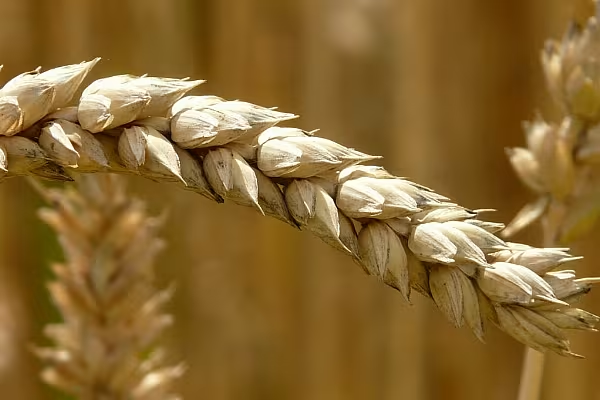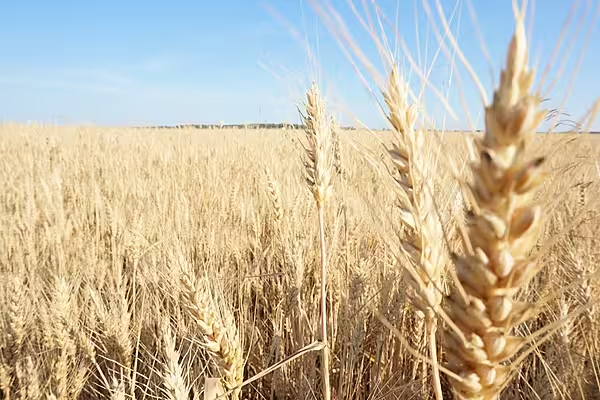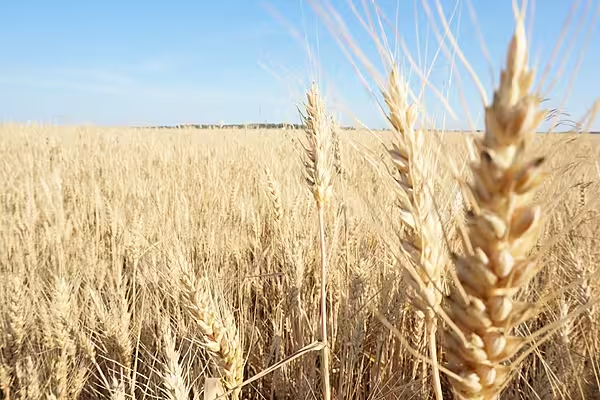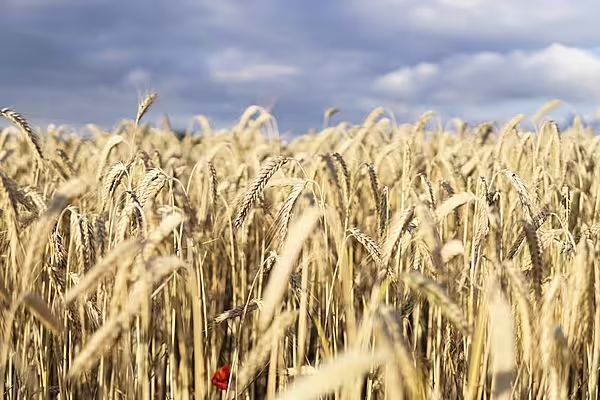European Union wheat is being scooped up at the start of the 2022/23 crop season as importers profit from a pullback in prices from records and seek alternatives to Ukrainian supplies disrupted by war, traders and analysts said.
A rare purchase of German wheat last week by Egypt's state grains buyer, which ramped up direct purchases outside international tenders, underscored how EU wheat is being tapped in the Middle East and Africa to cover the early part of the new season that started this month.
“The EU looks like having to take a big share of the burden of replacing Ukrainian wheat this summer,” a trader said.
New-Crop Wheat
There has been market talk of an unusually large volume of over 1 million tonnes of German new-crop wheat already sold in advance, including to Iran and buyers around Africa.
In France, the typically quiet export month of July is set to be much busier as harvesting starts early and core markets like Algeria and Morocco have fewer options in the Black Sea region.
Morocco's large import requirements, after drought slashed its own harvest, are expected to lead to several hundred thousand tonnes of French wheat being shipped this month, traders said.
Reduced Black Sea trade has also spurred inquiries about EU wheat from buyers in southeast Asia while market chatter last week about renewed interest from China, a major outlet for French wheat in recent seasons, suggested potential for demand to expand further.
The EU's executive projects record EU soft wheat exports of 38 million tonnes in 2022/23.
Read More: Europe's Wheat Crop Set To Be Mixed Bag After Torrid Weather
A Record Season Unlikely: Analysts
But some analysts see a record season as unlikely, anticipating exports nearer 30 million tonnes as they cite mixed EU harvest prospects and competition from Russia, which is easing export taxes to help shift an expected biggest-ever crop.
"The EU supply balance can't really be stretched. So what room is there for new destinations?" Nathan Cordier of consultancy Agritel said.
The course of the Ukraine war remains the big question mark.
While diplomatic talks to re-open Ukraine's grain ports continue, the market faces a tangle of Ukrainian grain being exported via Romania and Poland, and disputed supplies being shipped from Russian-held zones, traders said.
News by Reuters, edited by ESM – your source for the latest supply chain news. Click subscribe to sign up to ESM: European Supermarket Magazine.














